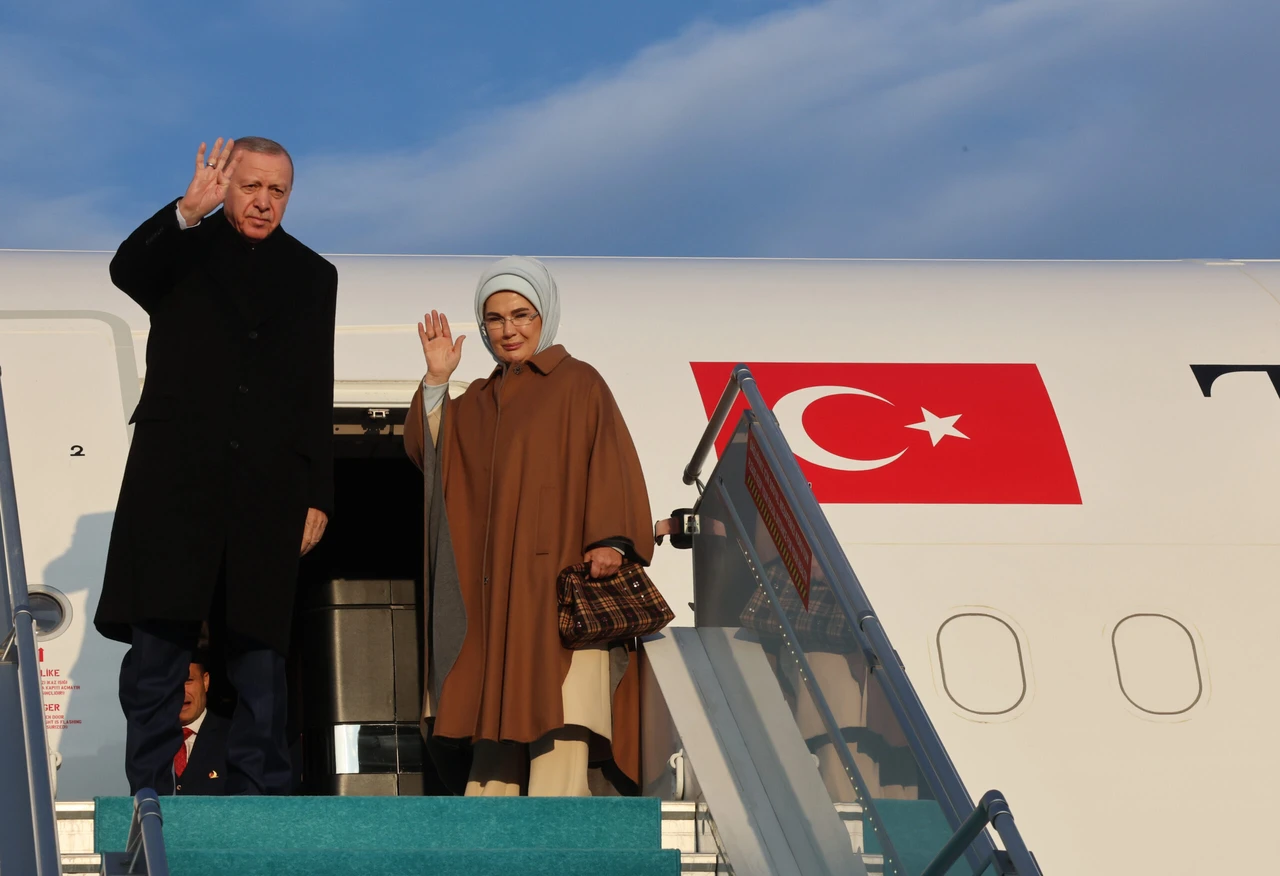Syria’s Assad may turn to Türkiye as Iran’s regional power declines
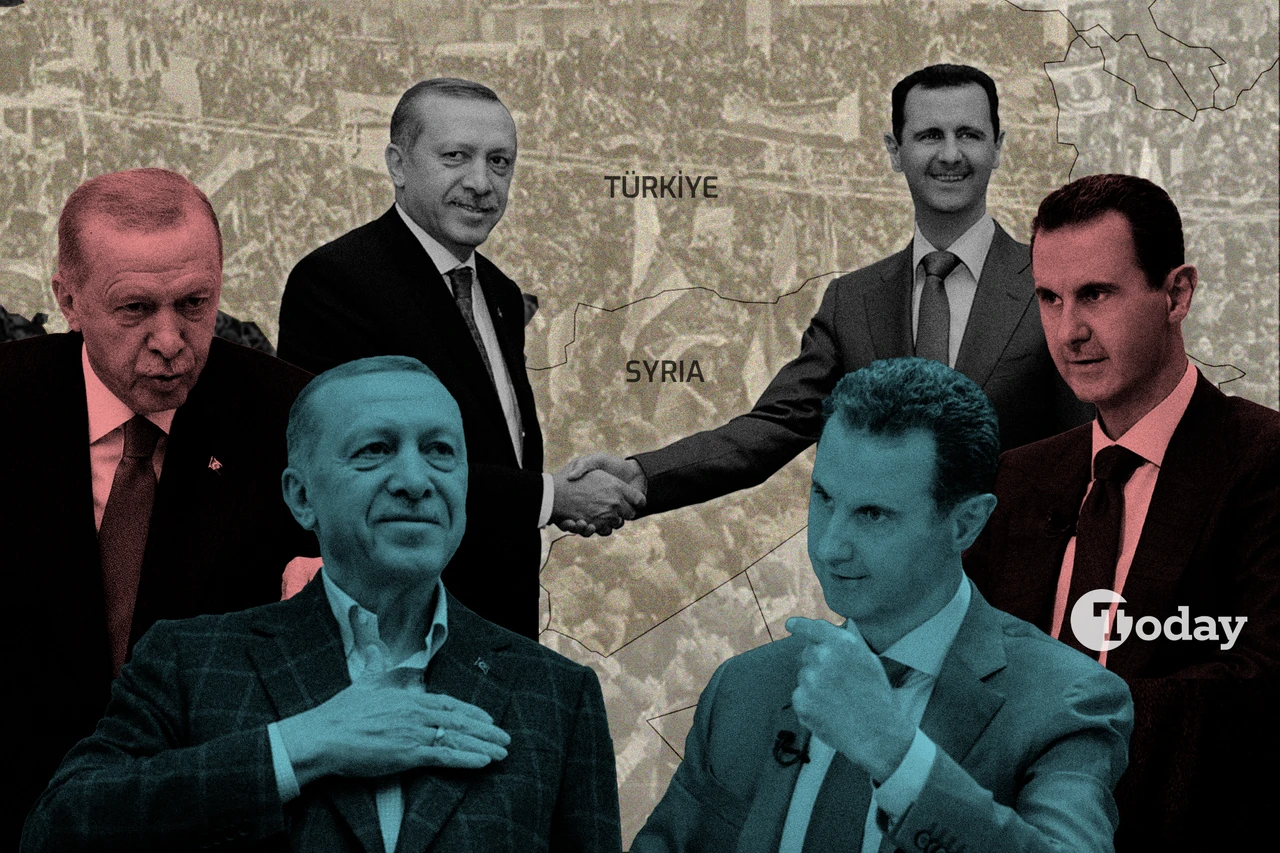 Turkish President Recep Tayyip Erdogan and Syrian President Bashar al-Assad. (Collage by Mehmet Akbas/Türkiye Today)
Turkish President Recep Tayyip Erdogan and Syrian President Bashar al-Assad. (Collage by Mehmet Akbas/Türkiye Today)
Israel believes it has a historic opportunity and justification, albeit weak, to incapacitate Iran’s military activities and proxies in Lebanon, Syria, and even Iraq.
While the world, except for obvious Western capitals, strongly condemns Israeli atrocities that killed more than 42,000 civilians in Gaza and other locations, Israel continues to ignore avoiding civilian casualties.
Israel’s Damascus missile attack on Oct. 8 directed at a residential building allegedly hosting senior Hezbollah officials was deemed as a direct message to Syrian regime leader Bashar Assad and Iran.
The location of it was only 500 meters away from the Iranian embassy, along with many other diplomatic and residential compounds.
The message to Assad is clear: You can have destruction in Damascus at levels unforeseen since after the Syrian civil war in 2011 if you keep welcoming Iran.
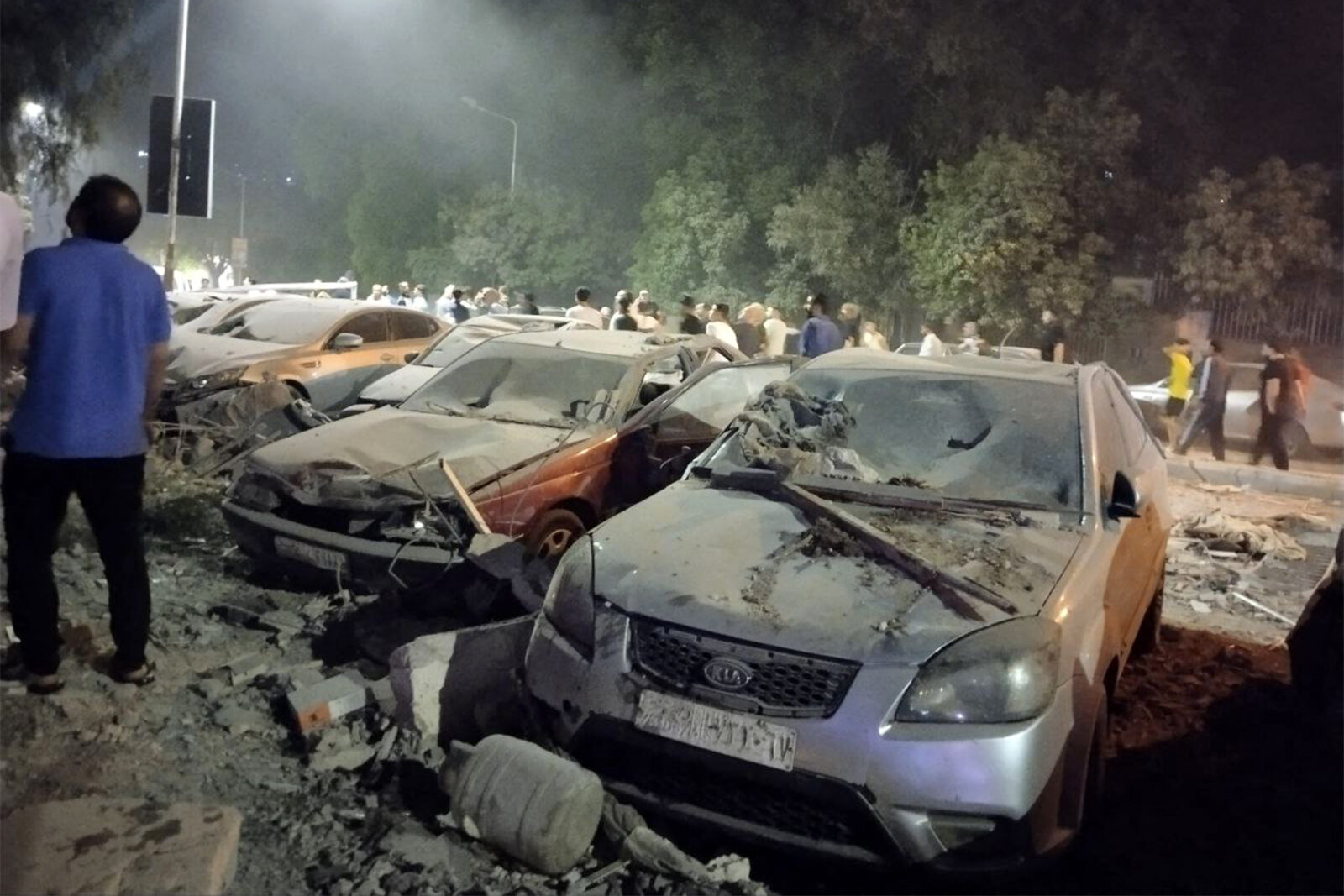
Assad stays away from conflict
For decades, Iran has capitalized on the chaos created by the U.S. in the region. Iranian officials often used to say, somewhat jokingly, “We hold power in Tehran, Damascus, Beirut and Baghdad.”
Those days might be over. Israel and Iran may engage in a mutually destructive military campaign that will push Syria’s Assad into a corner along with the Gulf states.
Assad visibly does not want to be directly involved in a Hezbollah-Israel war.
Despite Israel’s continued airstrikes against Iranian proxies across multiple locations in Syria, including the outskirts of Damascus, the Syrian regime has not taken any concrete military action beyond mere condemnations.
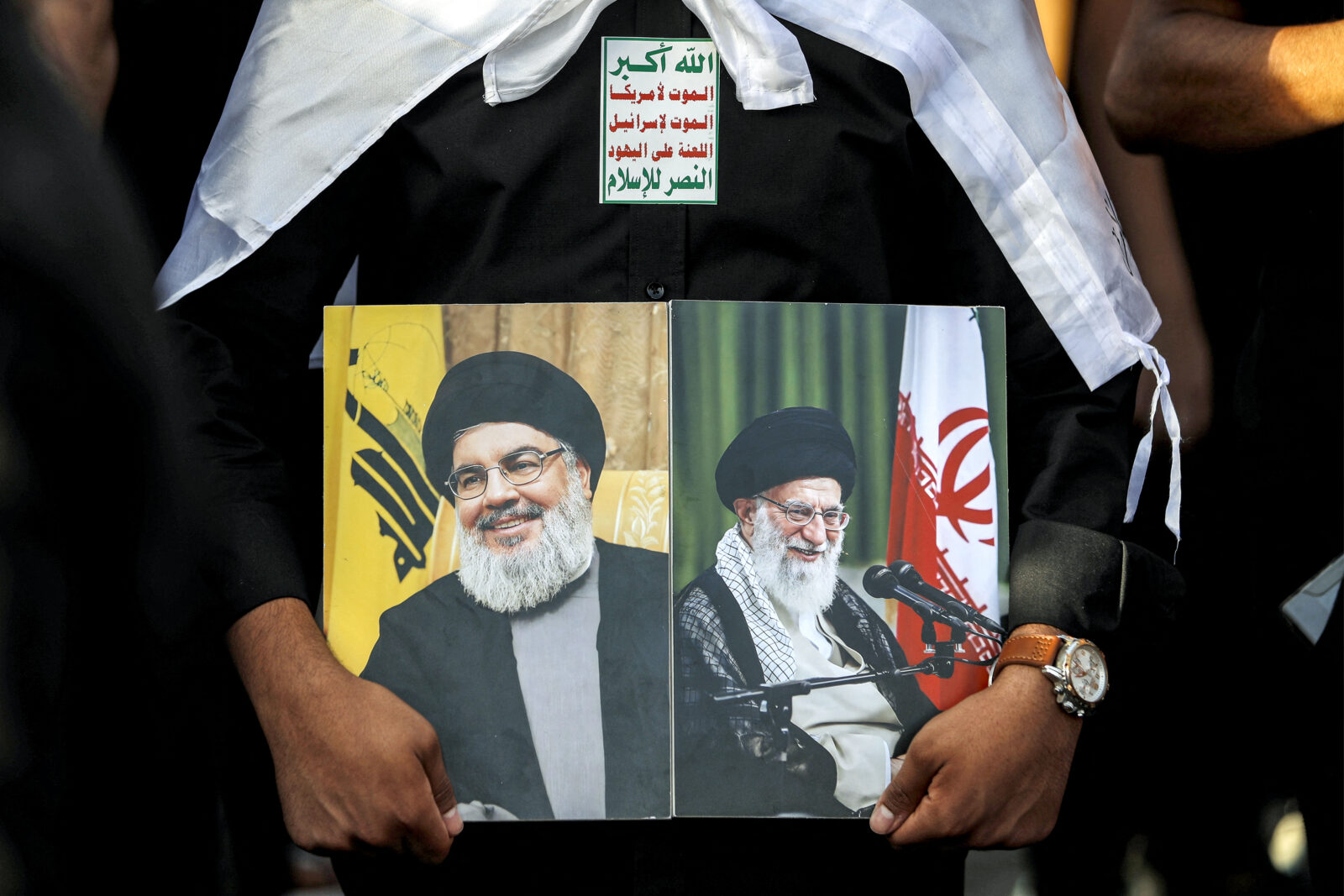
Türkiye-Syria rapprochement
Recently, pro-government senior columnist Abdulkadir Selvi noted, “It is time for those who have been putting pressure on Türkiye’s President Erdogan to meet Assad to put pressure on Assad to meet Erdogan.”
Such calls from pro-government figures have become a daily occurrence in Türkiye. The opposition has been requesting rapprochement between Erdogan and Assad, hoping it will facilitate the return of refugees.
Erdogan faces no major public pressure in its new rapprochement policy with Assad besides a handful of deeply pro-Syrian opposition nongovernmental organizations (NGOs) and political groupings.
Assad has ignored the calls for a meeting requested by Erdogan, as he does want to coordinate with Russia and Iran in a new process with Türkiye.
However, with a weakened Iran and Hezbollah, Assad’s hand to apply a more independent policy toward Türkiye might be stronger.
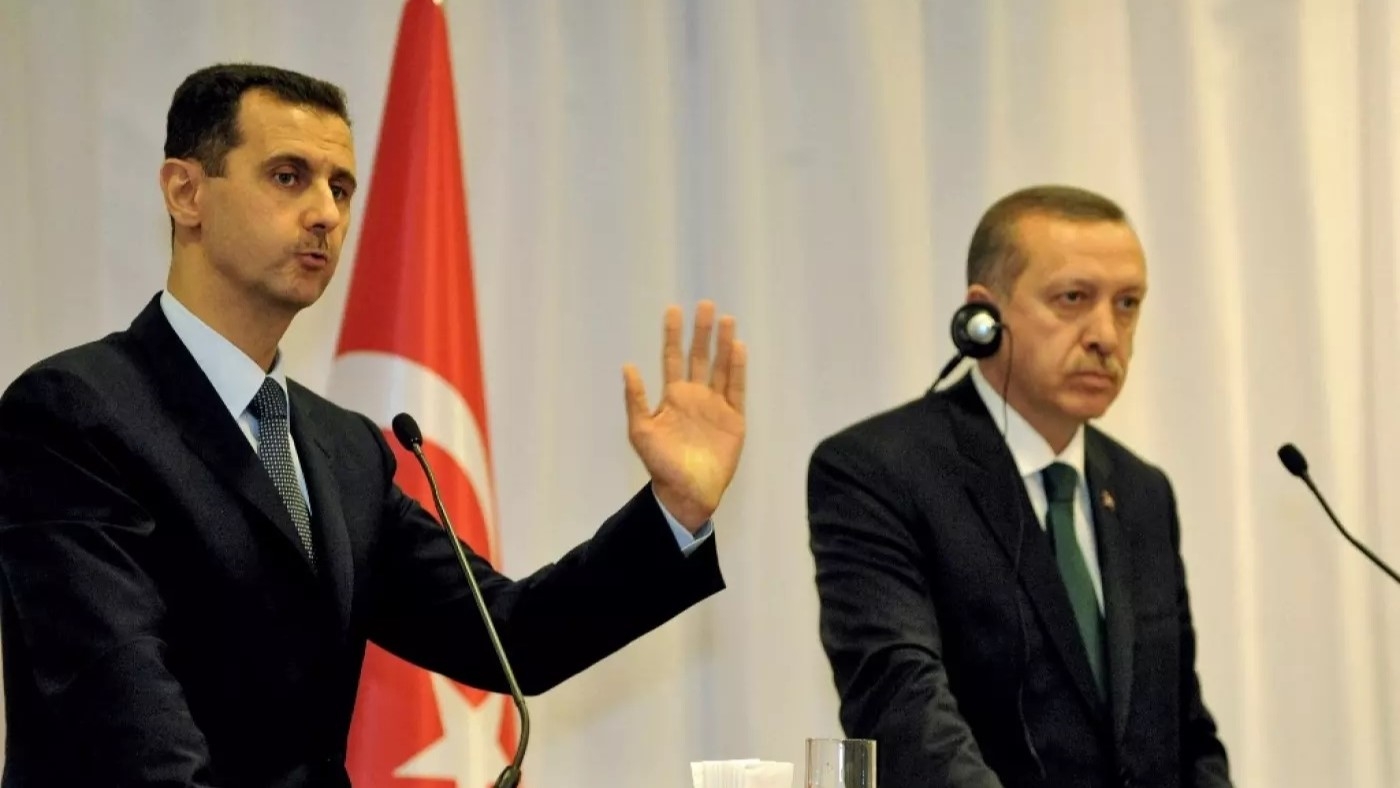
Iran continuously gets weaker
Since the Hamas attack on October 7, 2023, Israel and its ally United States have bombed Gaza, Iran, the West Bank, Lebanon, Syria and Yemen.
Likewise, Iran’s informal “axis of resistance” comprising itself, the Assad regime in Syria, Shia militias in Iraq, Hezbollah in Lebanon, the Houthis in Yemen, and Hamas in Gaza –has targeted Israel and American bases in the Levant.
Tensions continued escalating as on Sept. 28, Hezbollah’s leader Hassan Nasrallah was neutralized during an Israeli air strike in Beirut. Nasrallah had allegedly agreed to a cease-fire prior to his murder.
The move harkens back to several weeks earlier when the former political head of Hamas, Ismail Haniyeh, the Hamas representative that would be key in making any cease-fire agreement with Israel, was assassinated in Tehran in July 2024.
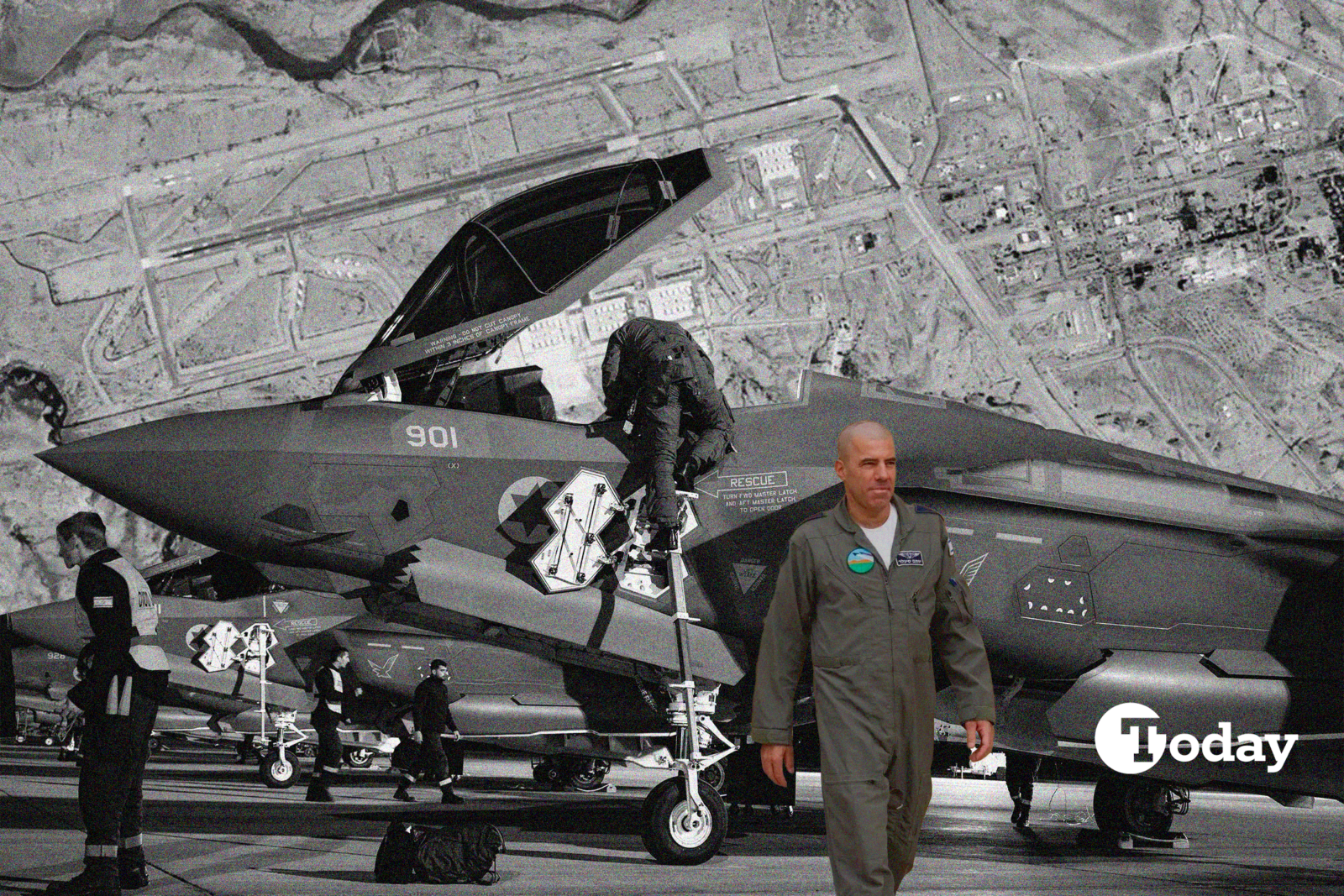
In response, on Oct. 1, Iran fired some 200 ballistic missiles at the Nevatim Air Base and Mossad HQ, but no lives were taken except for a bystander Palestinian. Meanwhile, early October witnessed Israel’s limited ground invasion into southern Lebanon and bombing of its territories, including Beirut.
The UNHCR announced that 1 million Lebanese are now internally displaced, and some 185,000 fled to Syria following Israel’s attacks throughout the country.
With Israeli Prime Minister Benjamin Netanyahu’s long-standing promise to strike Iran still looming, and Lebanon enduring daily bombings in October without air defenses, peace appears more distant than ever.
